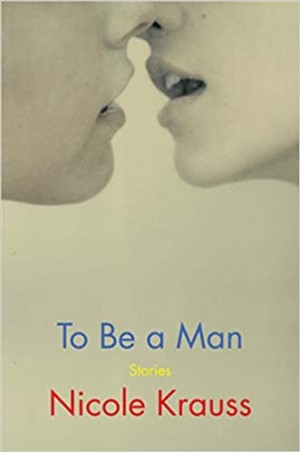Andrew Ridker’s second novel follows a Jewish family from Brookline, Massachusetts soon after it is discovered that the father of the family, Scott Greenspan, was caught falsifying the results of the clinical drug trial he was running. This blatantly deceitful act fractures the family, which was already beginning to loosen at the seams. Deb Greenspan, after opening up her marriage with Scott, begins to fall in love with the woman she’s seeing. Maya, Deb and Scott’s daughter, is struggling to find her footing in her entry level position at a large publishing house, especially after the man she once had an affair with — her teacher in high school — reenters her life and asks her to review his self-indulgent novel. And Gideon, Deb and Scott’s son, doubts his own pursuit of joining the medical field, having been disillusioned by his father’s professional indiscretions. No longer trusting Scott, who has bound the family together in many ways, each member of the family seeks solace and meaning on their own.
Despite the novel’s title, guilt appears to be the strongest emotional throughline. Each character finds themself betraying both those they encounter briefly and those they love most. These betrayals, however, are often done in the name of the greater good. Characters believe they know best while simultaneously doubting their method and fearing being caught; and it is this tension that gives Hope a propulsion not always seen in the family-novel genre.
As with his first novel, Ridker’s second book betrays an incredible sense of humor. He does not satirize his characters, flattening them into punchlines. Rather, his humor softens the characters’ rougher edges, allowing the reader to sympathize with them. Similarly, because each section follows a different member of the family, each character comes across as fully human — with their faults, doubts, and shame, but also with their warmth, love, and redemption. However, because the novel is broken up into four distinct sections, it can sometimes feel fragmented. And the humorous take on the characters can sometimes lead them to make choices that seem implausible or unearned.
At its core, Hope is a novel that thoroughly explores the many contradictions of upper-middle class American life in the twenty-first century. It will fill the reader with a sense of disillusionment — but they will of course find hope, too.
Benjamin Selesnick is a psychotherapist in New Jersey. His writing has appeared in Barely South Review, Lunch Ticket, Tel Aviv Review of Books, and other publications. He holds an MFA in fiction from Rutgers University-Newark.





